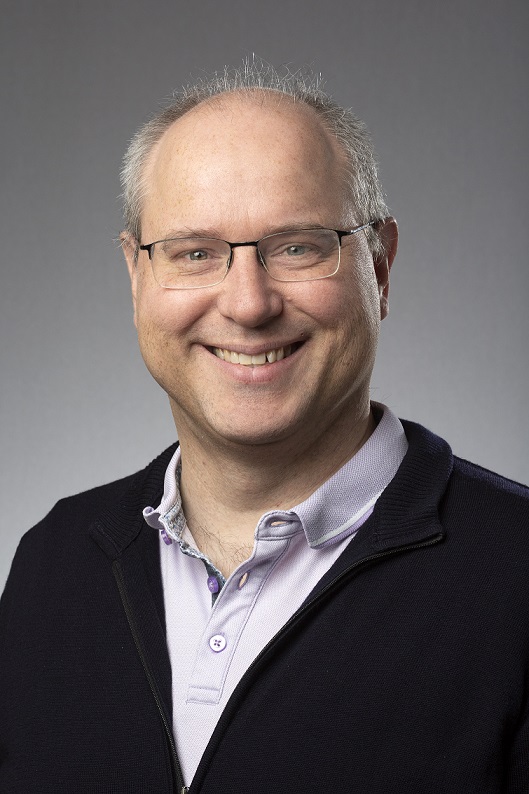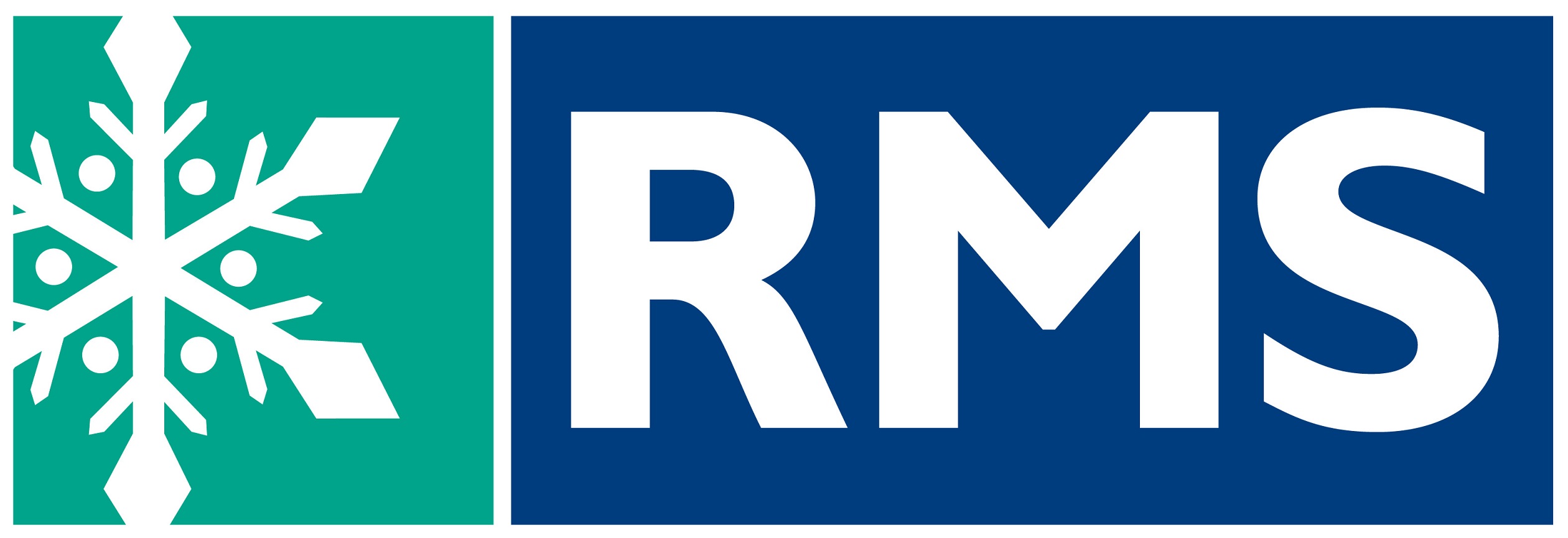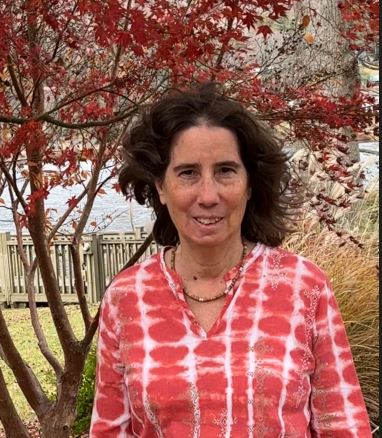 Laurie Gower (Introductory lecture), University of Florida, United States
Laurie Gower (Introductory lecture), University of Florida, United States
Laurie Gower, Emeritus Professor of Materials Science & Engineering at the University of Florida, is currently consulting in the field of biomimetic materials. Prior to retirement, she developed a research program in the area of Biomimetic Materials, where she discovered and developed the PILP model system, which has been shown to be useful for examining biomineralization mechanisms, as well as fabrication of hard tissue biomaterials (such as bone substitutes, dental caries remineralization, kidney stone models). She received her PhD in 1997 in Polymer Science & Engineering from the UMASS at Amherst, where she became interested in the role that biopolymers play in regulating crystal growth in biologically formed minerals. Prior to her doctoral work, she obtained a MS in Bioengineering at the University of Utah, where she examined segmented-polyether-urethane-urea biomaterials for use as biocompatible elastomers for vascular grafts. Her bachelor’s studies were at UF in Engineering Sciences with biomedical emphasis.
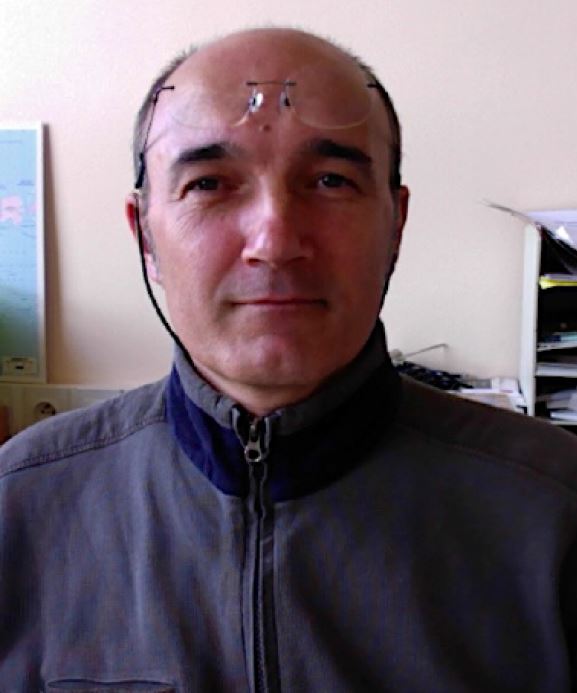 Frédéric Marin (Closing remarks lecture), University of Bourgogne, France
Frédéric Marin (Closing remarks lecture), University of Bourgogne, France
Frédéric Marin is a research director at CNRS. He was recruited in Biogeosciences Dijon in 2003 as a CNRS research scientist, after having spent almost nine postdoctoral years in the Netherlands where he developed original research on mollusk shell proteins at the University of Leiden, then in a private company. He has set up a laboratory devoted to the study of organic macromolecules (proteins, polysaccharides, and more recently, pigments) associated to calcium carbonate biominerals. He has supervised the work of seven PhD students, of two foreign post-docs, and of several trainees, including doctoral students and confirmed researchers. He obtained his habilitation in June 2009 and became research director at CNRS in oct. 2012. He co-chaired (2009-2011) then chaired (2012-2014) the European COST program Biomineralix (TD0903) that comprised 17 countries and 29 research groups. Although his expertise lies predominantly in the molecular characterization of biomineral-associated proteins, he has set up techniques to localize and map them on biominerals.
More information is available at: https://biogeosciences.u-bourgogne.fr/equipe/marin-frederic
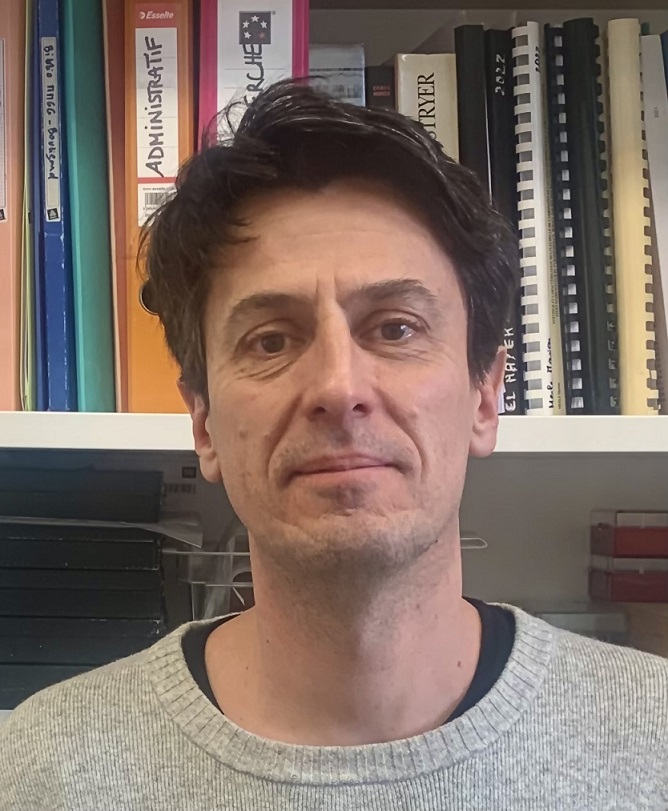 Thierry Azais, Sorbonne University, France
Thierry Azais, Sorbonne University, France
Thierry Azaïs is a solid-state NMR spectroscopist at Sorbonne University, Paris. He was graduated in Chemistry in 1998 from the Pierre et Marie Curie University (UPMC) in Paris. He then started his PhD in the Laboratory of Condensed Matter Chemistry (LCMCP), still in UPMC, under the supervision of Prof. Christian Bonhomme and he was graduated in 2001.
After a postdoctoral position at the University of Jena in the group of Prof. Anne S. Ulrich, he became Assistant Professor in 2002 and appointed full Professor in 2023 at the Chemistry Department of Sorbonne University. Now, he is leading the team SMiLES « Spectroscopy, Modelling at interfaces for Environment and Health » and he is member of the Biomineralization research axis at LCMCP (https://lcmcp.science/biomineralization/). He is teaching diverse academic courses including Biomineralization, Nuclear Magnetic Resonance, Spectroscopies and Inorganic Chemistry.
Since 2010, his research focuses on the application of advanced solid-state NMR techniques to detail, at the atomic scale, biomineralized tissues or structures including bone, nacre and sea urchin spines. In particular, he developed dedicated NMR approaches to highlight biomineral surfaces as well as interactions with water and organics. More recently, he focuses on the development of cryogenic solid-state NMR methods to characterize short-lived transient intermediates involved in biomineral nucleation and crystallization including calcium phosphates and calcium carbonates. He has co-authored over 70 publications
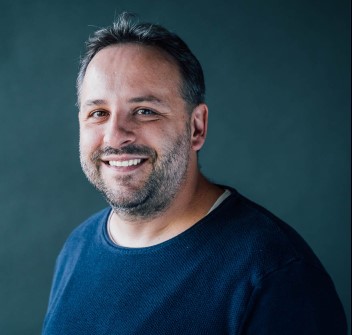 Luca Bertinetti, Technische Universität Dresden, Germany
Luca Bertinetti, Technische Universität Dresden, Germany
Luca Bertinetti is a Senior Scientist at the B CUBE, Center for Molecular and Cellular Bioengineering (CMCB), TU Dresden, Germany, where he is affiliated with the Chair of Bioprospecting. He holds a PhD in Chemistry from the University of Torino, Italy, and completed postdoctoral training at the Max Planck Institute of Colloids and Interfaces in Potsdam, Germany, where he led the '3D Imaging of Forming Tissues' group. His research expertise lies in volume and multimodal imaging. Using FIB/SEM and X-ray-based scattering and imaging techniques he focuses on elucidating the formation of various extracellular matrices and the mineralisation of collagen based ones. In parallel, he is develops innovative high-throughput 3D and multidimensional data analysis and image processing tools.
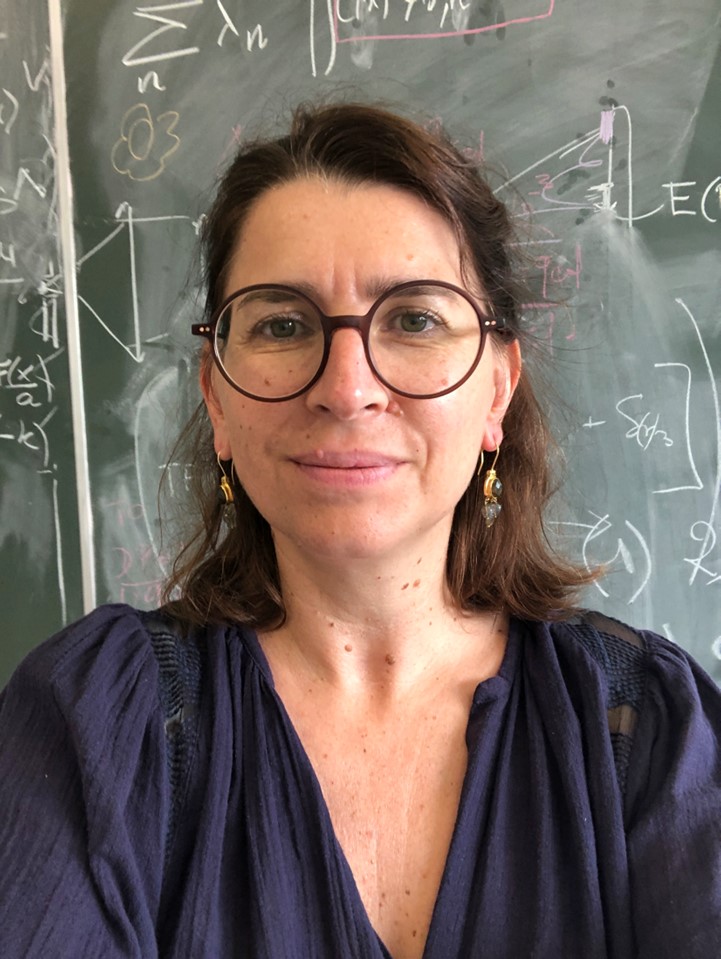 Virginie Chamard, Fresnel Institute, France
Virginie Chamard, Fresnel Institute, France
Virginie Chamard is a CNRS research director at Institut Fresnel in Marseille. Together with her group, she develops coherent x-ray and optical ptychography microscopy methods, which she applies to the study of crystalline materials (e.g., biominerals, implanted metals, phase domains, magnetic systems, etc…). She is now focusing on the integration of 3D Bragg ptychography at several synchrotron beamlines, in parallel to leading research activity on the understanding of biomineralization using physical and chemical microscopy methods, with a strong emphasis on bio-crystallisation pathway mechanisms. She received an European Research Council grant in 2017
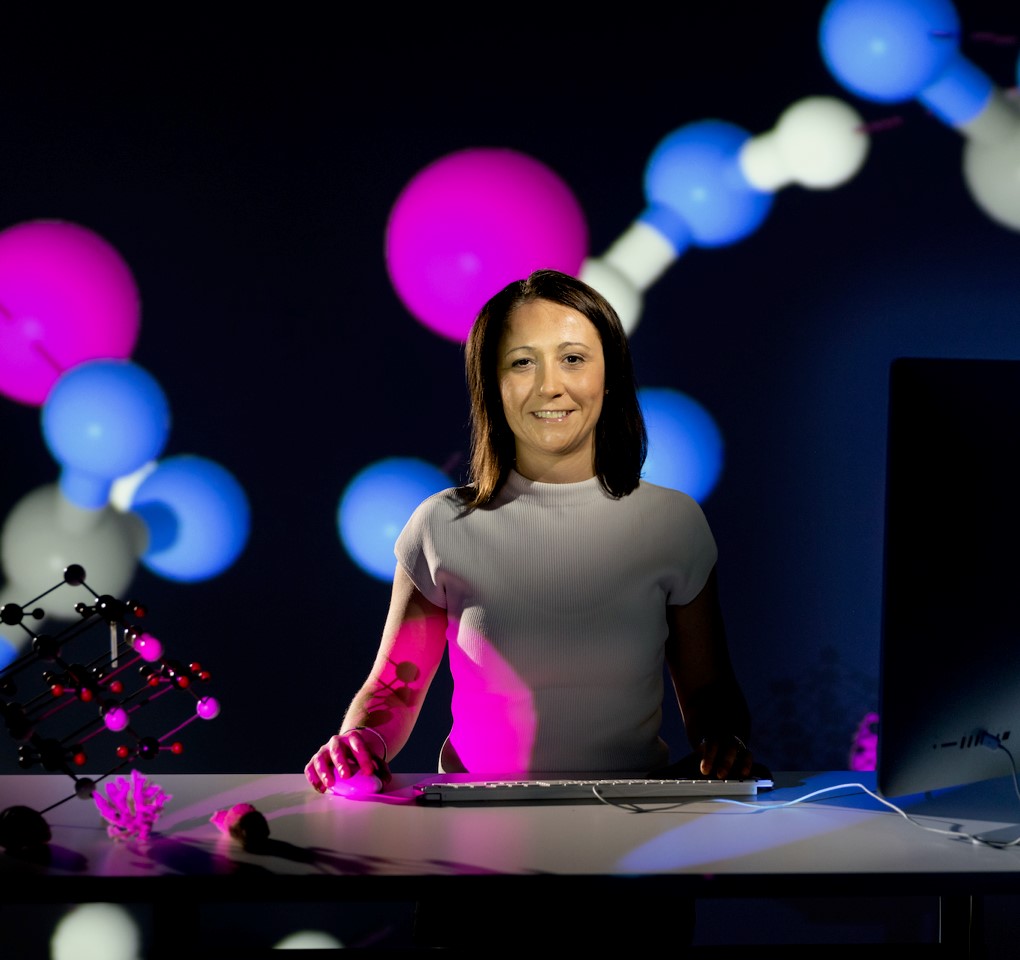 Raffaella Demichelis, Curtin University, Australia
Raffaella Demichelis, Curtin University, Australia
Associate Professor Raffaella Demichelis leads an emerging team doing research in computational materials chemistry and geochemistry at Curtin University. Her research spans from the study of materials structure to crystal growth and mineral surface reactivity via developing classical, quantum mechanical, and semi-empirical models. She led landmark research that proves a new and more comprehensive theory explaining how minerals form in aqueous solutions, and solved the problems related to understanding how atoms arrange into a number of challenging mineral structures. Raffaella also contributes to develop software and models that are used in academic and non-academic laboratories conducting research in chemistry, materials science, and earth science worldwide.
Originally from Italy, Raffaella has made Western Australia her home for more than 10 years. Aside from her research, she spreads her enthusiasm for science through engaging with outreach and community building activities, and is an active advocate for career accessibility and sustainability in Australia’s national research system through leading local and national groups and initiatives.
Raffaella has received several local, national and international recognition for her research and community engagement, including the 2015 Vincenzo Caglioti prize (Italian Academy of Science), the 2022 F.G. Houtermans Award (European Association of Geochemistry), and the 2023 Dorothy Hill Medal (Australian Academy of Science).
 Lothar Houben, Weizmann Institute of Science, Israel
Lothar Houben, Weizmann Institute of Science, Israel
Lothar Houben is a senior research staff scientist at the Department of Chemical Research Support in the Weizmann Institute of Science (WIS). He received his PhD degree in physics from the Heinrich-Heine-Universität Düsseldorf. Before joining the WIS he worked at the Ernst Ruska-Centre for Microscopy and Spectroscopy with Electrons in the groups of Prof. K. Urban and R.E. Dunin-Borkowski at the Forschungszentrum Jülich GmbH in Germany. Since the first successful implementation of aberration correction on TEM in Jülich he was engaged in pioneering applications of aberration-corrected transmission-electron microscopy. His main fields of interest are method development for quantitative atomic-scale microscopy and new approaches in cryo-electron microscopy.
 Marc McKee, McGill University, Canada
Marc McKee, McGill University, Canada
Professor Marc McKee holds the Canada Research Chair in Biomineralization at McGill University's Faculty of Dental Medicine and Oral Health Sciences, and the Faculty of Medicine and Health Sciences. He received his Ph.D. degree from McGill University in cell biology, followed by postdoctoral training at Harvard and The Children’s Hospital Boston, and then appointments at the Forsyth Institute in Boston and University of Montreal.
McKee's research focuses on biomineralization in bones, teeth, otoconia and eggshells, and in pathologic ectopic calcification. With over 250 scientific papers, and over 36,,000 citations of his research, he has received two Distinguished Scientist Awards from the International Association for Dental Research, the Adele Boskey Esteemed Scientist Award from the American Society for Bone and Mineral Research, and the C.P. Leblond Award From the FRQS Quebec Network for Bone and Oral Health Research.
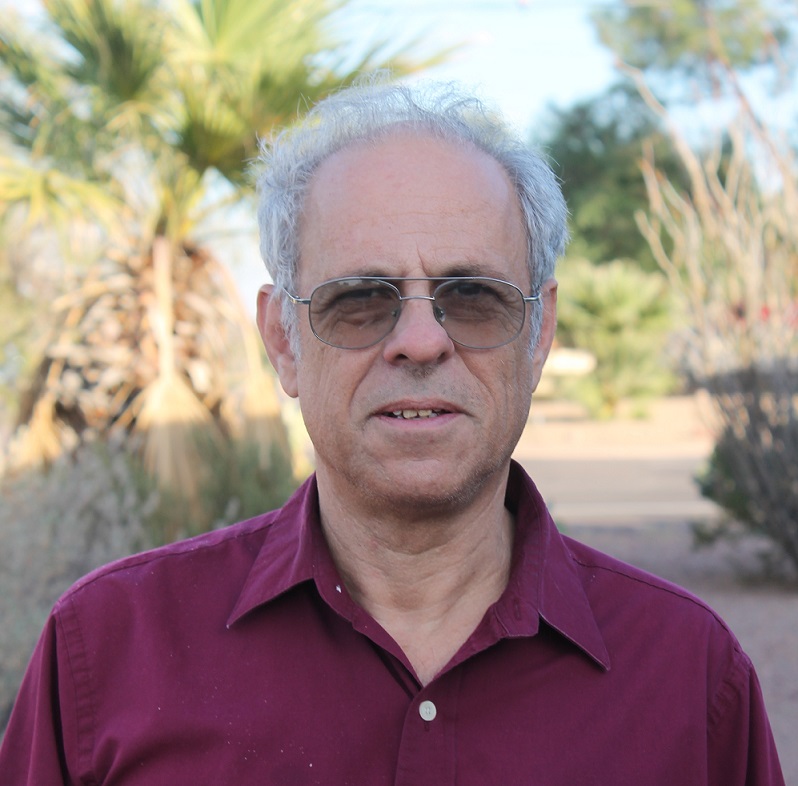 Peter Rez, Arizona State University, United States
Peter Rez, Arizona State University, United States
Peter Rez was an undergraduate in Cambridge and received his doctorate in Oxford. His expertise is in the physics of electron and X-ray scattering, mainly applied to electron microscopy and spectroscopy but also applied to radiation detectors and medical physics. He is responsible for scattering cross sections used in quantitative EELS analsys and was involved in the devlopment of theoretical models to understand EELS inner shell fine structure. He has also worked on modeling of battery and other materials. Early thesis work on phonon scattering in electron microscopy has been revived both for quantitative calculations of ADF contrast and to provide a framework for analysing the results for ultra high resolution EELS on the nanometer scale. Since his 3rd kidney stone he developed an interest in biomineralization, applying advanced microscopy and solid state modeling to urolithiasis, and making the transition from victim to invited speaker in a urology conference in 2 years! This lead to work on normal biomineralization, the formation of calcite shells. This has been the subject of a long-standing collaboration with the world leaders in this field at the Weizmann Institute. He has also commented on issues where physics affects society at large, both in the deployment of X-ray based body scanners at airports (since abandoned) and more recently on energy policy that is the subject of his book “The Simple Physics of Energy Use”. In the last year , after retiring from Department of Physics Arizona State University, he has been testing various hypotheses related to “climate change” using temperature records of rural Arzona.













